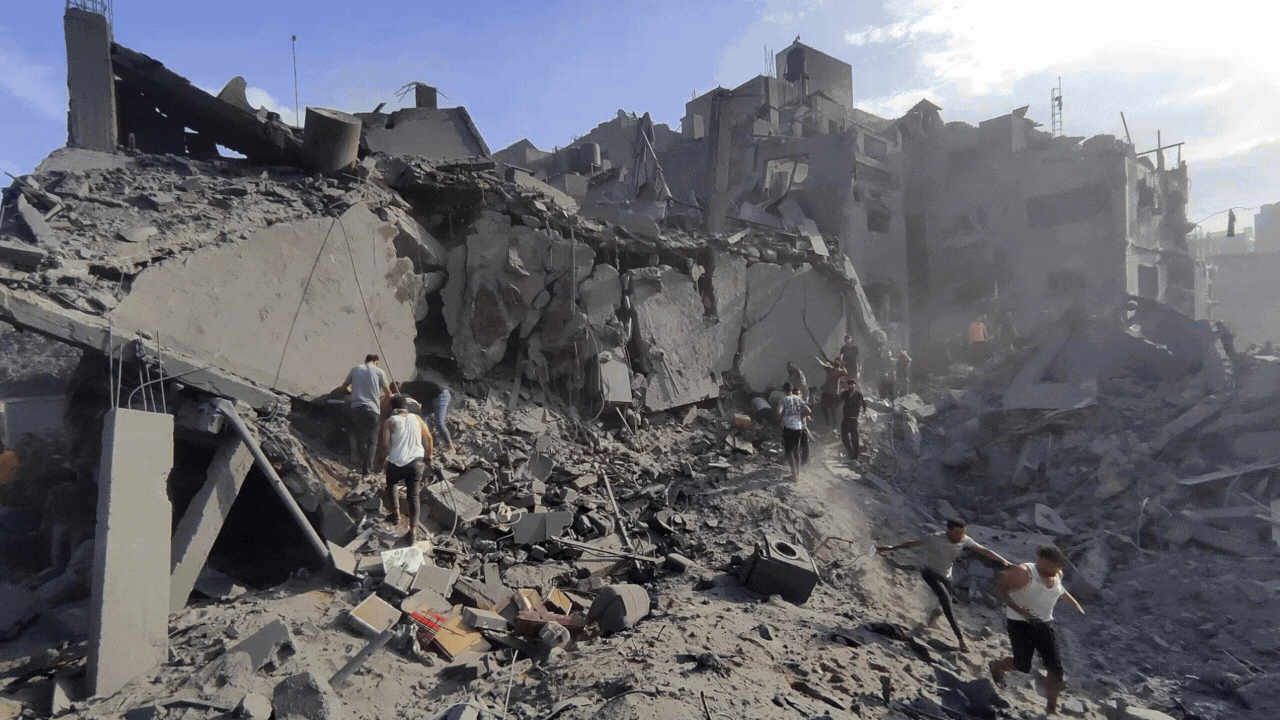Amidst the clash, a disturbing pattern emerges, pointing fingers at Israel’s alleged deviation from direct engagement with Hamas Freedom Fighters to targeting civilians, including innocent children. This alarming strategy casts a dark shadow, prompting legitimate questions about Israel’s conduct and branding it as a perpetrator of war crimes – a term not lightly used by the accusers, particularly Hamas.
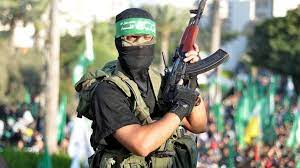
Hamas freedom fighters, in response, asserts a posture of having nothing to lose, positioning the state of Israel terrorist state the one with far greater stakes in the conflict. The blog meticulously explores the dismantling of Israel’s narrative, cultivated over decades, which claimed Palestine as the rightful land of Israelis. The perceived failure of Israel in the current conflict adds weight to the argument that the nation has crossed into the realm of state-sponsored terrorism.
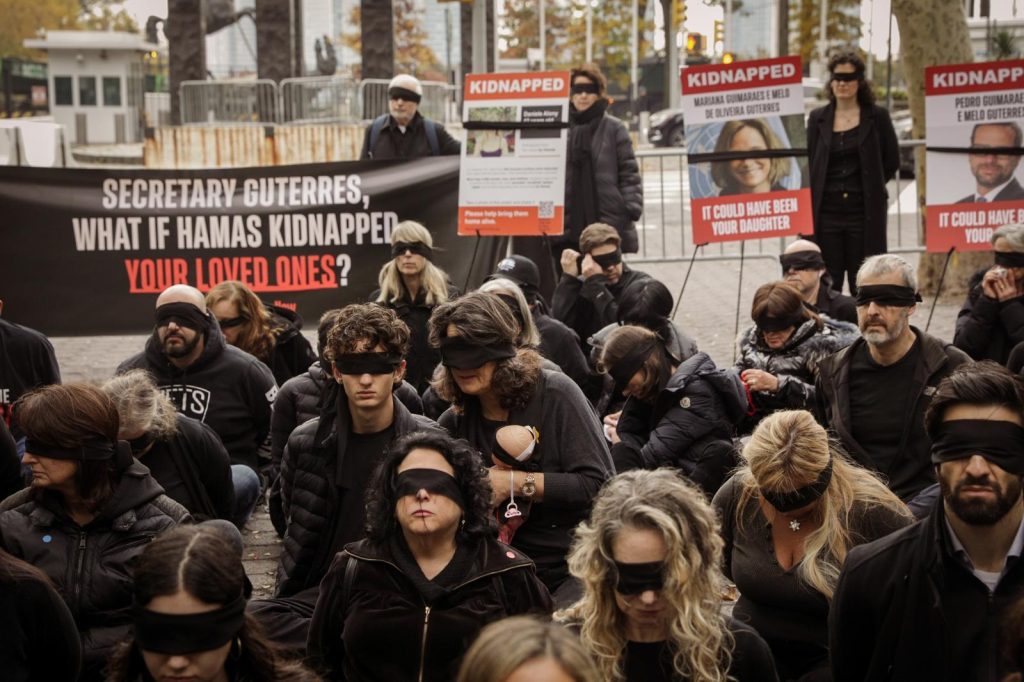
The fear factor takes center stage as Israel grapples with the resolute resistance of Hamas Freedom Fighters. The scenes of the conflict, laid bare to both the global community and the citizens of Israel, paint a damning picture. Israel finds itself on the losing end across all fronts, and the once impervious facade of triumph now appears to be a mask concealing a state accused of engaging in acts of terrorism.
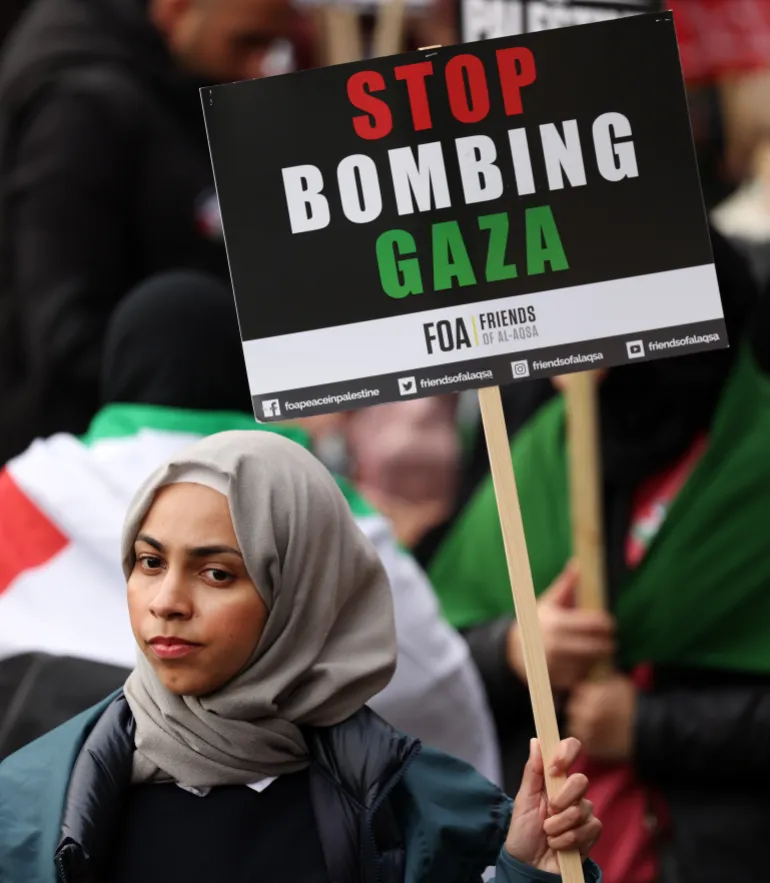
The genesis of this conflict, rooted in Israel’s initial objective of securing the release of its prisoners, has transformed into a narrative of failure. Global criticism and adverse events, such as the Houthis of Yemen seizing an Israeli ship along with its crew, compound Israel’s setbacks. The narrative shift becomes increasingly conspicuous as the international community scrutinizes Israel’s actions, especially concerning the use of extremely dangerous bombs on innocent Palestinian civilians.
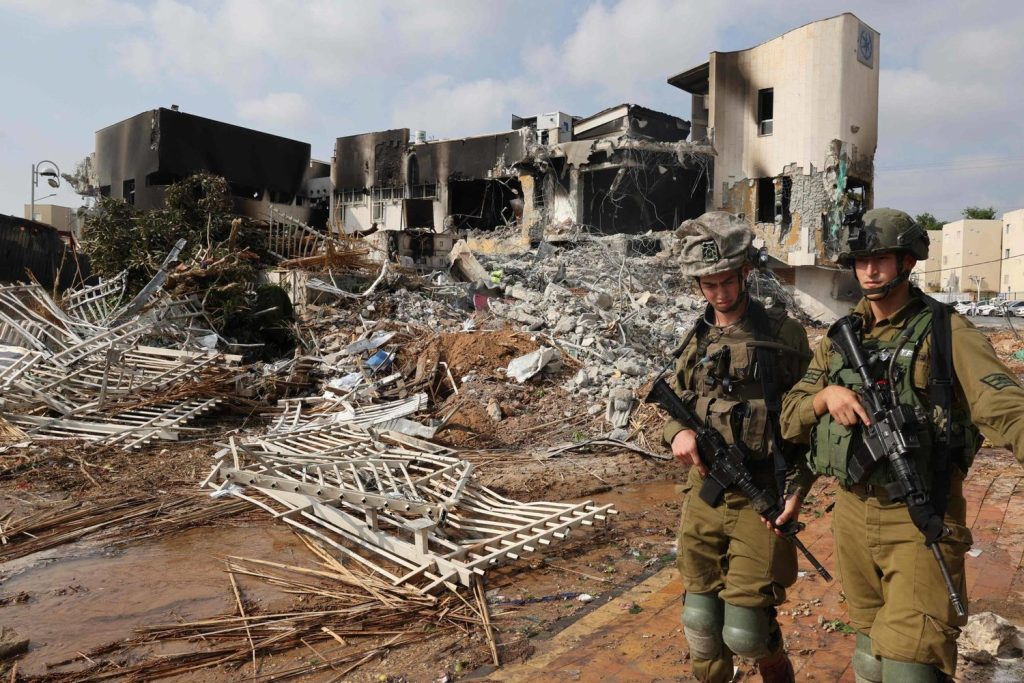
In the grand tapestry of the Israel-Palestine conflict, the accusations of terrorism and war crimes are not mere talking points but critical lenses through which the global community perceives the unfolding events. This blog does not shy away from underscoring the gravity of the situation, emphasizing the potential consequences for Israel’s international standing, both militarily and diplomatically.
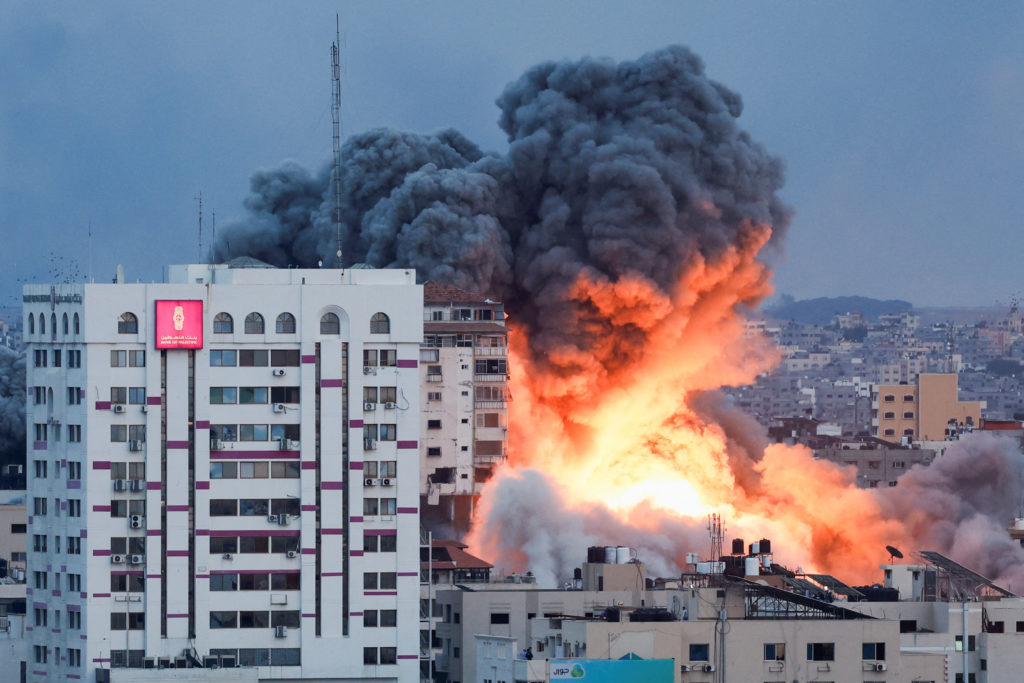
In summation, as the battle for freedom rages on, the spotlight on terrorism and war crimes intensifies. The rejection of Israel’s offer by Hamas signifies a commitment to resistance, setting the stage for a protracted and contentious conflict. The accusations reverberate globally, shaping perceptions and placing Israel in a precarious position that extends beyond the battlefield. My valuable viewers For more information, so please click this link.
FAQs – Unmasking Terrorism and War Crimes in Israel-Palestine Conflict
What specific actions are being labeled as “Terrorism and War Crimes” in the Israel-Palestine conflict?
The accusations primarily revolve around Israel’s alleged shift from direct engagement with Hamas Freedom Fighters to targeting civilians, including innocent children. The use of extremely dangerous bombs on Palestinian civilians has raised concerns and contributed to the labeling of war crimes.
How has the narrative of the conflict shifted, particularly in relation to Israel’s claims about the land of Israelis?
The blog discusses the dismantling of Israel’s narrative, cultivated over decades, which claimed Palestine as the rightful land of Israelis. The perceived failure of Israel in the current conflict has added weight to the argument that the nation has crossed into the realm of state-sponsored terrorism.
Why is there a perception that Israel has more to lose in the conflict compared to Hamas Freedom Fighters?
Hamas positions itself as having nothing to lose, asserting that the state of Israel has far more at stake. This perception is explored in the context of the ongoing conflict and the narrative put forth by both sides.
What is the significance of global awareness and Israel’s fear of Hamas Freedom Fighters?
The blog emphasizes the fear factor as Israel grapples with the resolute resistance of Hamas Freedom Fighters. The scenes of the conflict, known globally, contribute to shaping international perceptions and placing Israel in a vulnerable position.
How has the initial objective of Israel, aiming to secure the release of its prisoners, transformed in the course of the conflict?
The conflict’s origin, rooted in Israel’s goal of freeing its prisoners, has transformed into a narrative of failure. The inability to achieve this objective, coupled with global criticism and adverse events like the Houthis seizing an Israeli ship, has compounded Israel’s setbacks.
What are the broader consequences for Israel’s international standing, both militarily and diplomatically?
The blog underscores the potential consequences for Israel, highlighting the use of extremely dangerous bombs on innocent Palestinian civilians as a factor that could impact the nation’s international standing. The repercussions are explored in both military and diplomatic contexts.
How does the accusation of war crimes affect the ongoing conflict’s discourse on a global scale?
The accusations of war crimes shape the global discourse surrounding the Israel-Palestine conflict. The blog examines how these accusations become critical lenses through which the global community perceives the events unfolding in the region.
In what ways has the conflict evolved into a battle for freedom, and what role does resistance play in this context? The blog discusses how the rejection of Israel’s offer by Hamas symbolizes a commitment to resistance, setting the stage for a protracted and contentious conflict. The evolving nature of the conflict into a battle for freedom is explored within the context of the accusations of terrorism and war crimes.

